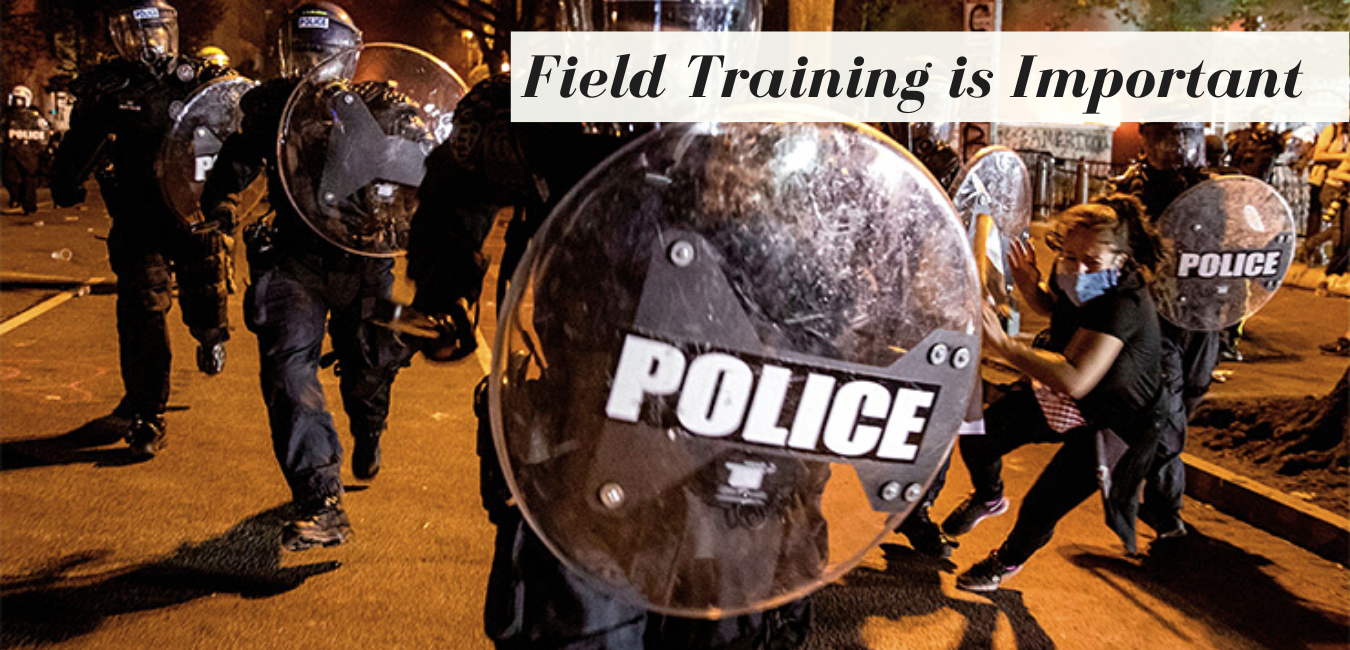Understanding the Significance and Structure of Police Field Training
Introduction
Police field training is an essential component of law enforcement education. It plays a critical role in preparing new recruits for their responsibilities as police officers. This comprehensive program helps trainees develop the physical, tactical, and interpersonal skills needed to protect and serve their communities effectively. By examining the importance of field training, its phases, and the associated benefits, we can gain a deeper understanding of its role in the shaping of future law enforcement professionals.
The Importance of Police Field Training
Police field training includes three components. They are as follows: skill development and hands-on experience, professional conduct and public scrutiny, and real-life experience and effectiveness.
- Skill development and hands-on experience: Field training allows police recruits to refine their physical and tactical abilities through exposure to various arrest situations. These scenarios often require the use of defensive tactics or physical prowess, and watching experienced officers in action enhances the trainees’ skills.
- Professional conduct and public scrutiny: Field training helps new officers realize the importance of maintaining professional conduct, as they are under constant public scrutiny. They learn to uphold the highest standards of behavior and recognize the need to prioritize public safety in all their actions.
- Real-life experience and effectiveness: Field training provides recruits with real-life experiences that contribute to their development as more effective police officers. This practical (on-the-job training) is invaluable in preparing them for their careers in law enforcement.
Phases of Police Field Training
Police field training is divided into several phases, each of which pairs recruits with a field training officer, often a seasoned police veteran. The primary objective is to facilitate the smooth transition from the police academy to active duty within a police department.
While the academy focuses on classroom instruction, field training offers recruits first-hand exposure to the challenges they will face on the streets. A structured curriculum ensures that new officers acquire the necessary skills to excel in their daily duties. Furthermore, field training standardizes the training process, providing a consistent experience for all recruits.
Length of Field Training
Field training often lasts between four to six months, although the duration may vary depending on the department’s requirements and the individual recruit’s experience level. It is crucial to note that training officers must complete a 40-hour advanced training program before they can mentor new graduates.
Job Performance and Field Training
Field training plays a vital role in both the socialization of new recruits and the improvement of their overall job performance. Officers who have completed field training tend to demonstrate better performance on the job. The program often equips them with essential technical and interpersonal skills. Effective communication with the public is a key aspect of police work. Field training emphasizes the development of these people skills.
Benefits of Field Training
- Enhanced officer performance: Field training prepares new recruits to become better officers. It enables them to protect and serve their communities effectively.
- Bridging the gap between theory and practice: Field training helps recruits apply their theoretical knowledge to real-world situations. It ensures that they are well-equipped to handle the challenges of police work.
Conclusion
The primary goal of police field training is to teach new recruits how to interact professionally with their communities. This enables them to perform their duties effectively and safely. Through field training, officers learn valuable social skills and gain first-hand experience in dealing with real-life situations. Field training is vital to producing competent and well-rounded police officers. This benefits both the law enforcement profession and the communities they serve..
Below is a great video about police field training. Check it out!



